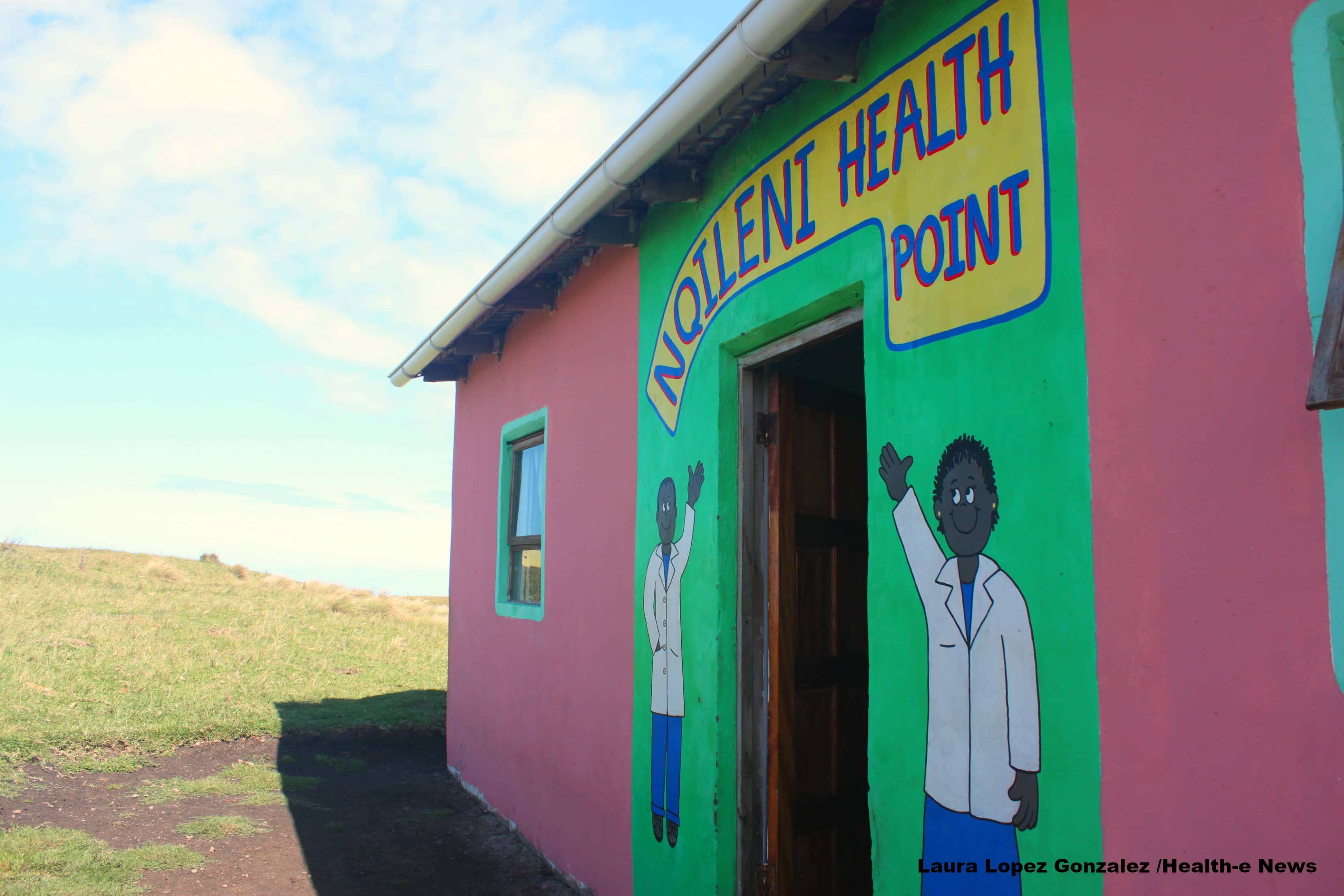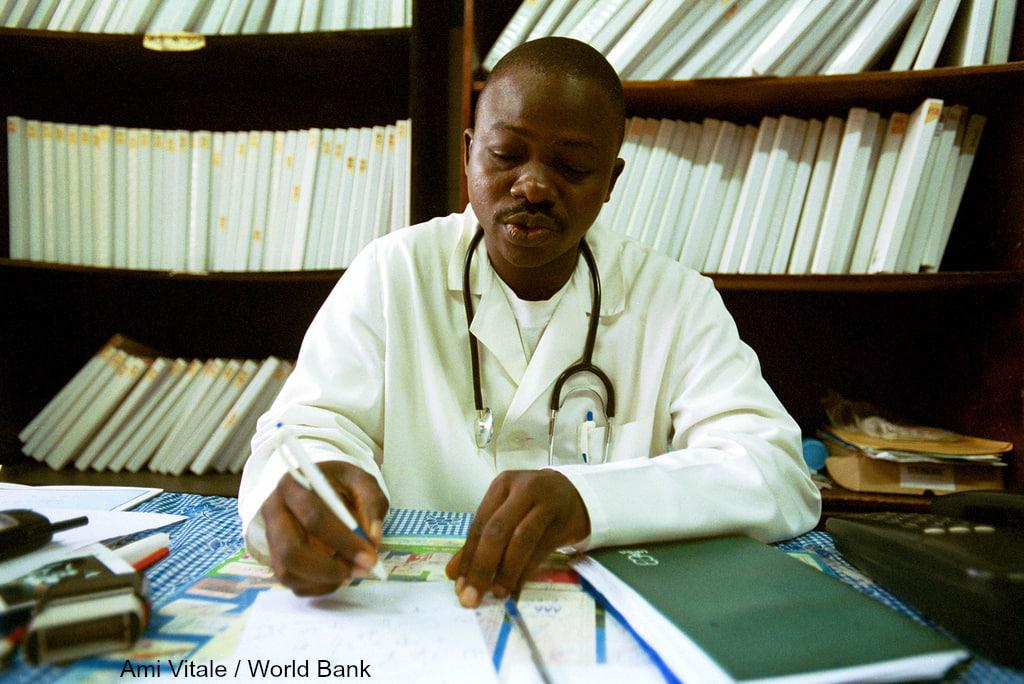Anti-vaxxers & the return of measles: Is SA immune?

“The entire Baby Boom population alive today had the #Measles as kids. Bring back our #ChildhoodDiseases they keep you healthy & fight cancer.”
Social media exploded last week after Darla Shine, the wife of President Donald Trump’s communications director, tweeted a series of anti-vaccine sentiments including that the current global measles outbreak is ‘fake news’.
Shine, many in the current White House administration including Trump himself, as well as a host of Hollywood stars including Jim Carrey and Robert de Niro, have fuelled dangerous myths about a host of health issues caused by vaccines.
Before his election, Trump tweeted multiple times about a link between vaccines and autism, despite research on this having being exposed as fradulent some years ago.
Some of the anti-vaxxers have implied that measles can prevent cancer, which is so ludicrous it verges on amusing, but there is nothing humorous about the impact of the anti-vaccine movement. Children are dying in record numbers from vaccine-preventable diseases from the United States to Madagascar.
“We would be remiss if we ignored the global trends and expected them not to have an impact here,” says University of KwaZulu-Natal pharmacy expert Andy Gray.
Measles outbreaks raise flags
The United States has been repeatedly gripped by measles outbreaks linked to parents choosing to opt out of vaccinating their children. But falling immunisation rates, technically termed ‘vaccine hesitancy’, have been reported across the globe and are linked to the increasingly frequent, and devastating, preventable disease outbreaks.
Cases of measles, easily prevented by vaccination, have soared by 30 percent worldwide since 2016, according to research published by the World Health Organisation (WHO) late last year.
Last month, the WHO reported 39 deaths due to Madagascar’s ongoing measles outbreak. Last Thursday – based on updated data – the WHO reported that almost 1000 children have lost their lives since the outbreak began last October.
Measles has also killed 70 people in the Phillipines this year already with declining vaccination rates to blame, according to a report published in the BMJ medical journal last week. In the last four years, coverage rates for the measles vaccine in the country have plummeted from a high of 88 percent to just over 50 percent in 2018.
Three measles outbreaks in South Africa in 2017 raised red flags about the extent of the impact of local vaccine hesitancy. That year, measles cases increased 12-fold compared to 2016 due to three localised outbreaks largely in unvaccinated communities, according to the National Institute of Communicable Diseases.
But the death toll remains elusive, as does the true state of South Africa’s immunisation programme, because the statistics simply don’t exist.
True toll unknown
Professor Shabir Madhi, South Africa’s foremost vaccine expert, told Health-e News that we “just don’t have the data” to know whether the anti-vaxxer movement has had a significant impact on local measles outbreaks: “The vaccine coverage estimates we have now are complete guesswork,” he said.
Dr Yogan Pillay, deputy director general at the Department of Health, said that 85 percent of children in South Africa are fully immunised by the age of one year – but the most recent data from the country’s Medical Research Council suggests this figure is closer to 70 percent.
A national immunisation coverage survey would provide this data and give health officials a better idea of the scale of vaccine hesitancy locally including where to target interventions to plug coverage gaps.
But Madhi says that the last immunisation survey was conducted a few years before President Nelson Mandela was elected, despite policies to complete such a study every five years.
The Department of Health has cited finances as the reason for the delay although it spends R1.2 billion every year on vaccine procurement alone.
Madhi has been asking for such a survey for decades and, according to Pillay, the government is finally taking action. On March 8 Health Minister Aaron Motsoaledi is expected to announce a national survey including roughly 20 000 citizens that will provide “granular” data on a number of child health issues, particularly about immunisation rates and reasons for opting out, said Pillay. The data is expected to be publicly available by the end of 2019.
Better data and education
“We will then be able to directly address the gaps in our immunisation programme,” said Pillay.
But while a survey is essential it is not enough. “Online and social media awareness campaigns are needed, in addition to print, radio or TV [messages], to reach parents who need to give consent for vaccination,” said Tendesayi Kufa of the National Institute of Communicable Diseases.
South Africa has 12 routine vaccines in its public immunisation schedule. Two of these vaccines, introduced for children in 2009, save about 5000 lives locally every year. We were the first in Africa to introduce these immunisations – one to protect against diarrhoeal diseases and the other for pneumonia prevention. Since these immunisations, dedicated hospital wards for childhood diarrhoea have all but vanished in South Africa, according to Madhi. But he warned that if South Africa is complacent on vaccines “we will face the same trajectory of measles outbreaks seen in the United States”.
Said Pillay: “Vaccines are the most potent intervention we have ever had in our collective health systems to prevent disease and death. There’s just no question about it. The science speaks for itself.”
An edited version of this story was published by the Daily Maverick
Author
Republish this article
This work is licensed under a Creative Commons Attribution-NoDerivatives 4.0 International License.
Unless otherwise noted, you can republish our articles for free under a Creative Commons license. Here’s what you need to know:
You have to credit Health-e News. In the byline, we prefer “Author Name, Publication.” At the top of the text of your story, include a line that reads: “This story was originally published by Health-e News.” You must link the word “Health-e News” to the original URL of the story.
You must include all of the links from our story, including our newsletter sign up link.
If you use canonical metadata, please use the Health-e News URL. For more information about canonical metadata, click here.
You can’t edit our material, except to reflect relative changes in time, location and editorial style. (For example, “yesterday” can be changed to “last week”)
You have no rights to sell, license, syndicate, or otherwise represent yourself as the authorized owner of our material to any third parties. This means that you cannot actively publish or submit our work for syndication to third party platforms or apps like Apple News or Google News. Health-e News understands that publishers cannot fully control when certain third parties automatically summarise or crawl content from publishers’ own sites.
You can’t republish our material wholesale, or automatically; you need to select stories to be republished individually.
If you share republished stories on social media, we’d appreciate being tagged in your posts. You can find us on Twitter @HealthENews, Instagram @healthenews, and Facebook Health-e News Service.
You can grab HTML code for our stories easily. Click on the Creative Commons logo on our stories. You’ll find it with the other share buttons.
If you have any other questions, contact info@health-e.org.za.
Anti-vaxxers & the return of measles: Is SA immune?
by Amy Green, Health-e News
February 18, 2019






